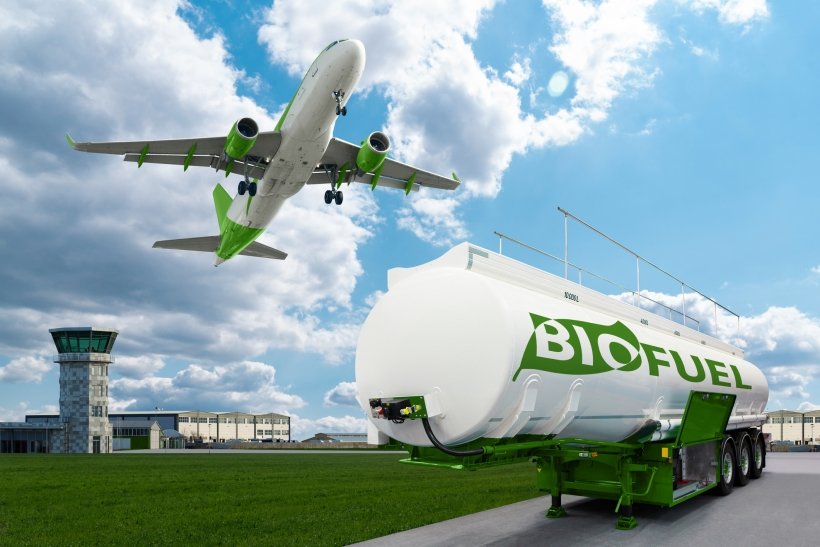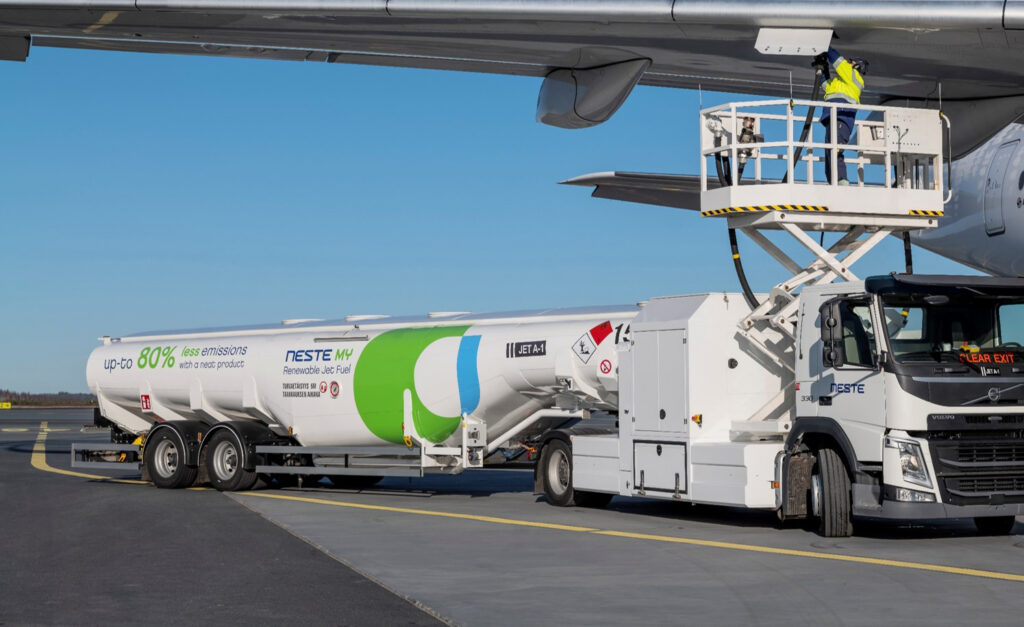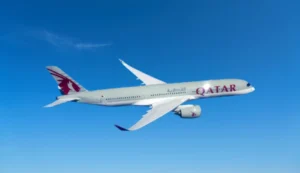“Decarbonising Aviation with Sustainable Jet Fuel is Achievable”-Willie Walsh
Willie Walsh, head of Iata, asserts that with proper government policies and incentives, the aviation industry can produce enough sustainable aviation fuel (SAF) to achieve its decarbonisation goals.

Photo Source: Department of Energy
The aviation sector can produce sufficient sustainable aviation fuel (SAF) to meet its decarbonisation targets, according to Willie Walsh, director general of the International Air Transport Association (IATA). Speaking at the recent annual Iata meeting, Walsh emphasized the role of government policy in boosting SAF production.
SAF, made from sustainable feedstocks such as used cooking oil, non-palm waste oils, solid waste, and food scraps, is vital for reducing the carbon footprint of aviation. Despite airlines being eager buyers, the current supply is limited and costly.
Walsh clarified that Iata had not advocated for the European Union’s target of using SAF for 5% of aviation fuel needs by 2030 because fuel companies are not ready to meet this demand. “Governments have a responsibility to assist in the targets that they have set,” he said.

To increase SAF production, Walsh suggested several policy measures: building more renewable energy facilities, strengthening the feedstock supply chain, and allocating a greater portion of renewable fuel output to aviation. He also called for accelerated approvals for diverse feedstocks and production methods, as well as coprocessing renewable feedstocks in crude oil plants.
Walsh concluded that while no single policy will suffice, a combination of strategies can make the widespread production of SAF feasible and help decarbonise aviation.






